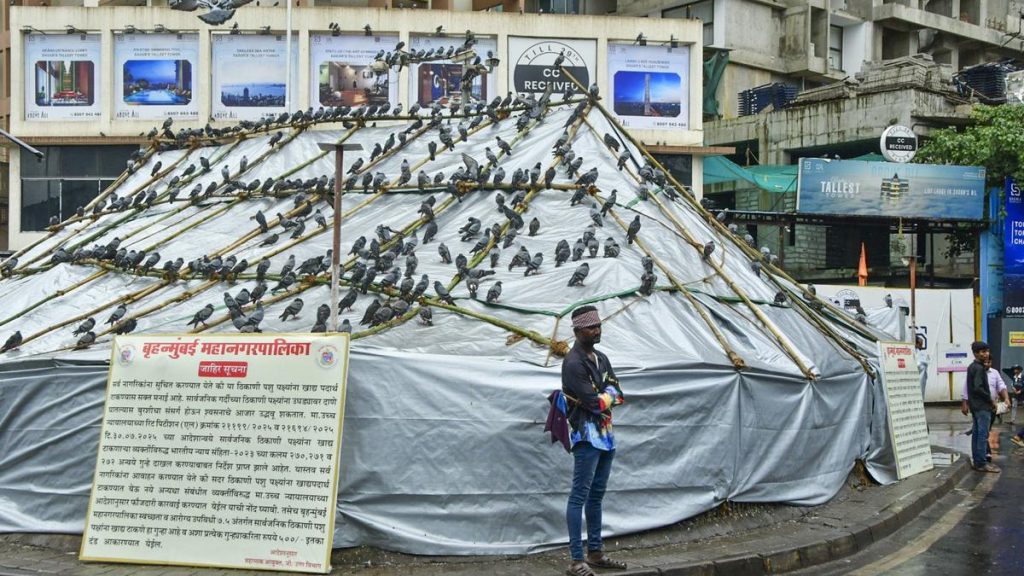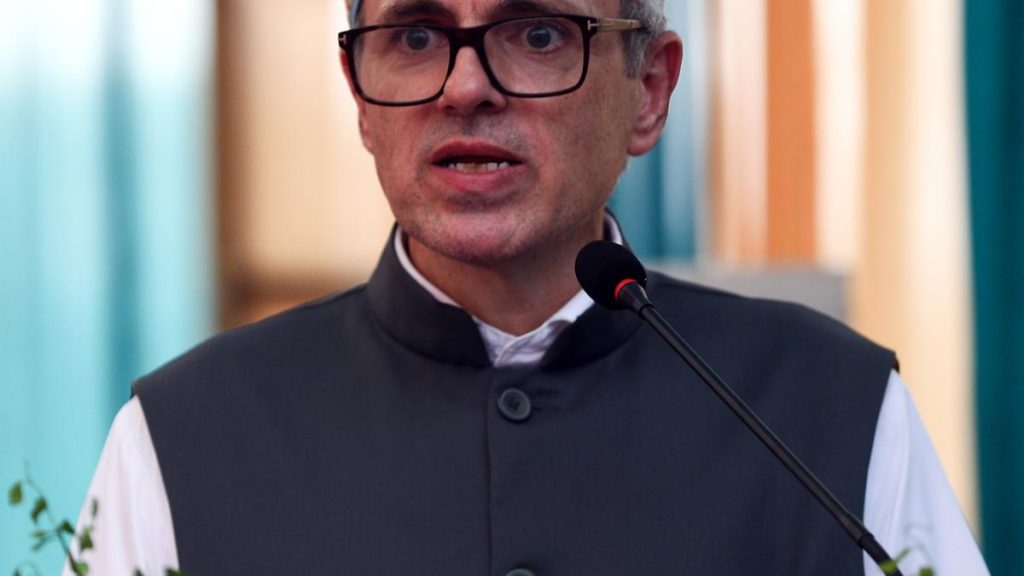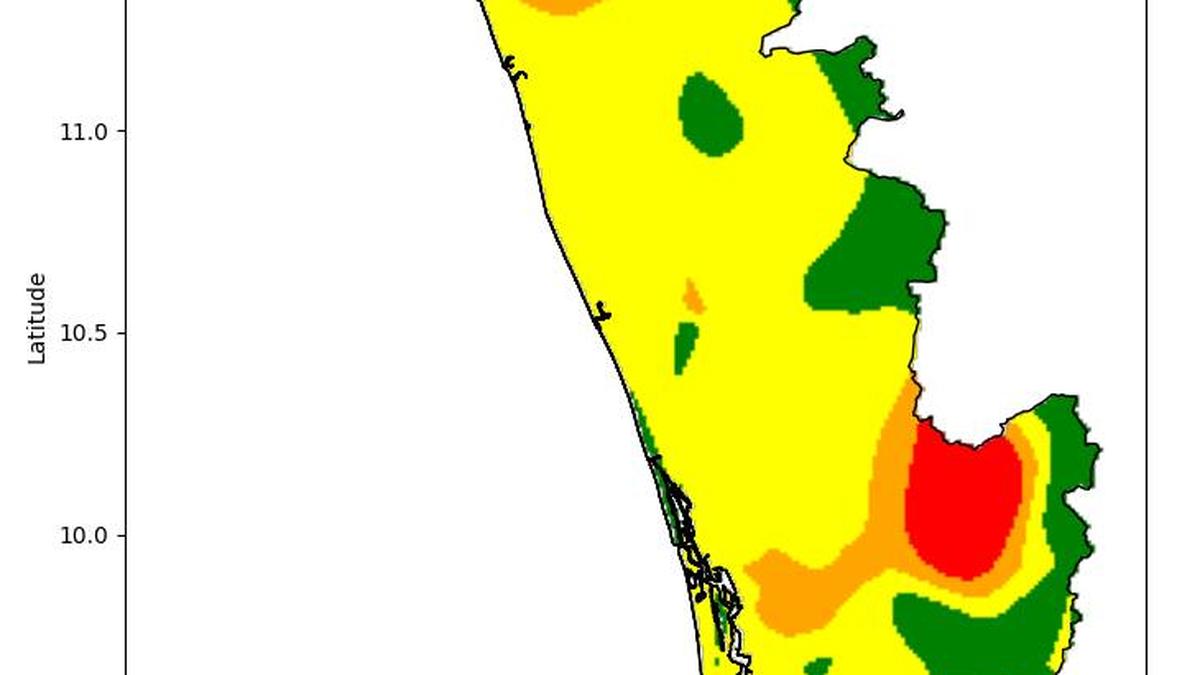Now Reading: IIST, KAU to Study Crop Seeds Returned from Space Mission
-
01
IIST, KAU to Study Crop Seeds Returned from Space Mission
IIST, KAU to Study Crop Seeds Returned from Space Mission

Quick Summary
- The Indian Institute of Space Science and Technology (IIST) and Kerala Agricultural University (KAU) have initiated post-flight studies on crop seeds sent to the International Space Station (ISS) during the Axiom-4 mission.
- Following the return of astronauts, including Group Capt. Shubhanshu Shukla,after an 18-day mission,IIST received the seeds in late July.
- germination studies under lab conditions are being conducted at IIST’s Space Biology Lab; meanwhile, over 4,000 seeds have been allocated to KAU’s College of Agriculture for field studies.
- The research includes seeds from Jyothi and Uma rice varieties, Kanakamani (horse gram), Vellayani Vijay (tomato), Thilakathara (sesame), and Soorya (brinjal/eggplant).
- These seeds were packed as a biology payload exposed to microgravity conditions aboard ISS during their stay.
- The ‘Crop Seeds on ISS’ project involves multi-level agreements between ISRO, European space Agency, ISRO’s Human Spaceflight Center (HSFC), IIST, and KAU.
- The research is expected to take two-and-a-half to three years for completion.
Link: Read More
Indian Opinion Analysis
The collaborative study between IIST and KAU marks India’s growing ambition in integrating space technology with agricultural innovation. By exposing crop seeds to microgravity conditions aboard the ISS-an habitat impossible to simulate fully on Earth-scientists aim to investigate potential genetic or phenotypic changes that might enhance productivity or stress tolerance.
This research could open pathways for developing novel crop varieties suited for extreme terrestrial or extraterrestrial environments. Though in its early stages with results years away, such breakthroughs may bolster food security efforts amid climate challenges. Equally notable is India’s capability demonstrated through international partnerships like those with ESA in this project-a testament to shared scientific goals transcending borders.
While promising results remain contingent on meticulous experimentation over extended periods, projects like these advance India’s leadership role in space-driven solutions addressing global needs.
link: Read More
























